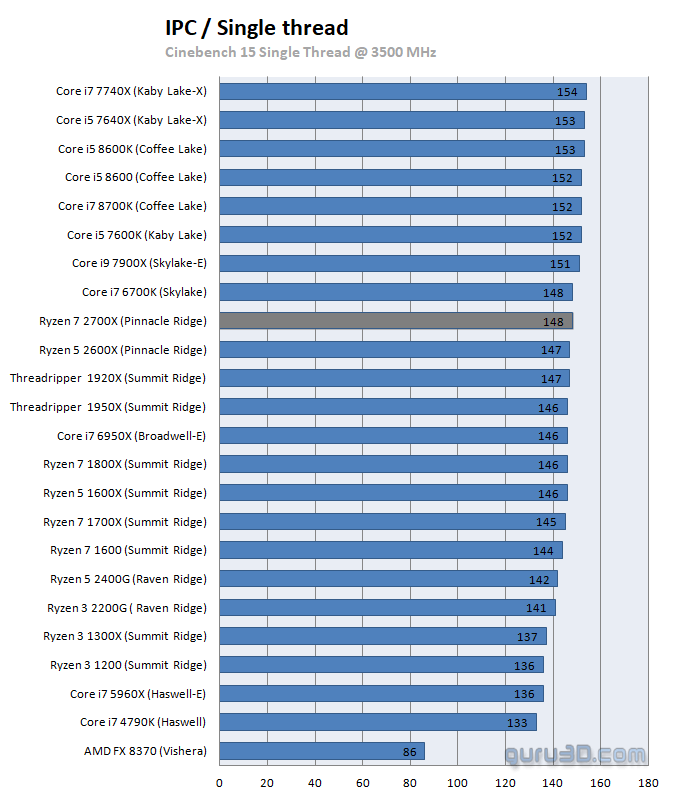@Bonjour Still pretty far behind, the single core difference between Bulldozer & derivatives and 2nd to 6th gen Cores was pretty huge. With a 40% jump in IPC AMD still hasn't caught up yet, albeit it's close enough now.
@humbug There are far too many outlets without a working relationship with Intel which will jump at the opportunity to publish performance numbers if there's anything shady happening. My money is on EULA mix up because every way you look at it, it's just dumb of them to do if it's serious.
They didn't enforce no benchmarks in EULAs for L1TF and Meltdown, which were big performance drops.
@humbug There are far too many outlets without a working relationship with Intel which will jump at the opportunity to publish performance numbers if there's anything shady happening. My money is on EULA mix up because every way you look at it, it's just dumb of them to do if it's serious.
They didn't enforce no benchmarks in EULAs for L1TF and Meltdown, which were big performance drops.





